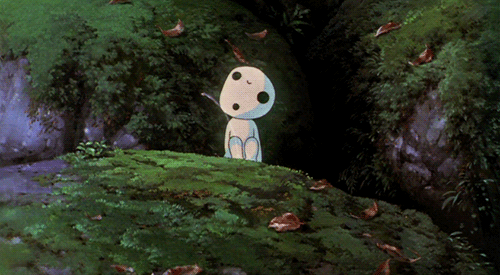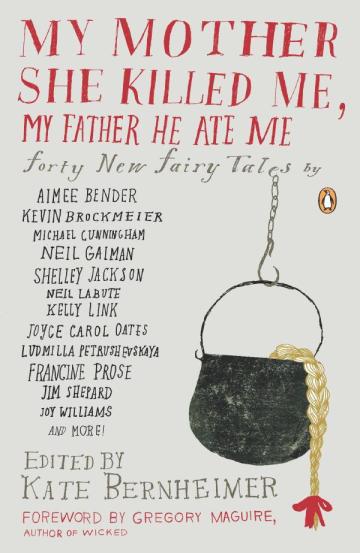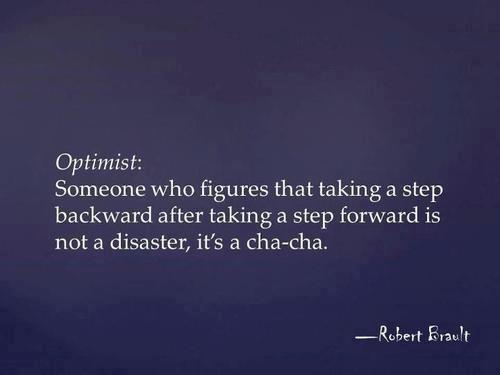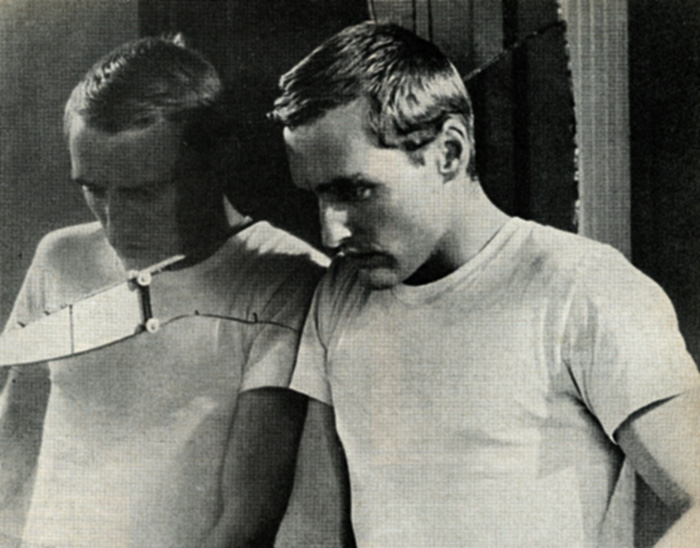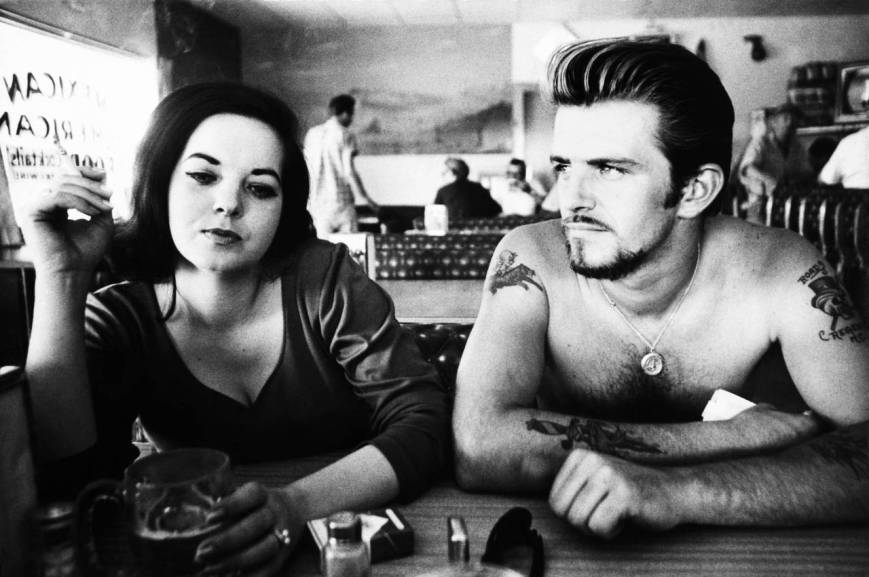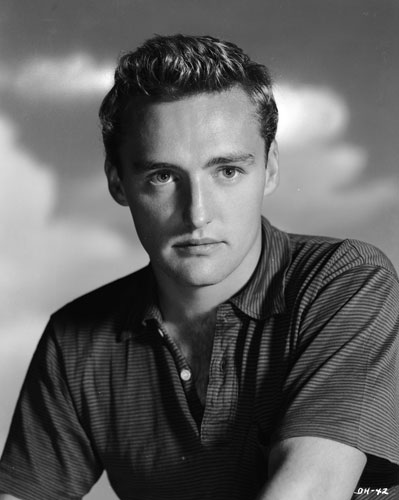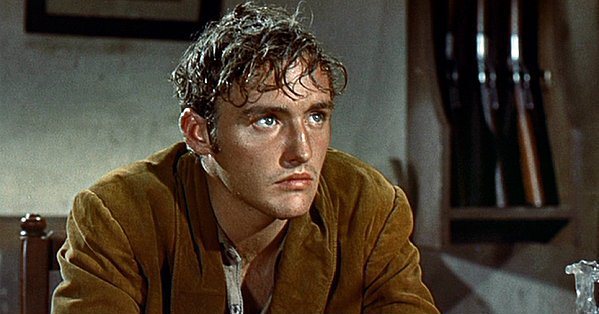
“Carter’s fairy-tale heroines reclaim the night. She rewrites the conventional script formed over centuries of acclimatizing girls—and their lovers—to a status quo of captivity and repression, and issues a manifesto for alternative ways of loving, thinking and feeling.”
“Storytelling for Angela Carter was an island full of noises and sweet airs, and like Caliban, who heard a thousand twangling instruments hum about his ears, she was tuned to an ethereal universe packed with sensations, to which she was alive with every organ. Acoustics are not the only means, however, that she draws on to convey the lucid dreams she creates in her fiction. Her imagination is spatial, an architect’s axonometric vision, as she moves us through palaces and castles, forests and tundras, dungeons and attics, tracking with us down pathways towards her various sealed depositories of secrets, those bloody chambers.”
Read Marina Warner’s article at the Paris Review Daily.
Daily Archives: October 20, 2012
kodoma
Princess Mononoke is a period drama set in the late Muromachi period of Japan but with numerous fantastical elements. The story concentrates on involvement of the outsider Ashitaka in the struggle between the supernatural guardians of a forest and the humans of the Iron Town who consume its resources. There can be no clear victory, and the hope is that relationship between humans and nature can be cyclical.
“Mononoke” (物の怪) is not a name, but a general term in the Japanese language for a spirit or monster. The film was first released in Japan on July 12, 1997, and in the United States on October 29, 1999.
on the proliferation of magical stories
“I have a sense that a proliferation of magical stories, especially fairy tales, is correlated to a growing awareness of human separation from the wild and natural world. In fairy tales, the human and animal worlds are equal and mutually dependent. The violence, suffering and beauty are shared. Those drawn to fairy tales, perhaps, wish for a world that might live “forever after”. My work as a preservationist of fairy tales is entwined with all kinds of extinction.”
– Kate Bernheimer in the Introduction to My Mother She Killed Me, My Father He Ate Me: Forty New Fairy Tales (Penguin, 2010)
if anything could ever feel this real forever…
And I wonder
when I sing along with you
If everything could ever feel this real forever
If anything could ever be this good again
The only thing I’ll ever ask of you
You’ve got to promise not to stop when I say when
She sang
Dylan and Lauren (or Sandalwood, as they are calling themselves) perform their favourite track “Everlong”(originally by Foo Fighters) in the OxJam tent at Electric Picnic festival, Ireland, 2010.
Lauren (11) spotted the “Open Mic” sign outside the OxJam tent, grabbed her brother and barrelled over …within barely a minute I heard them announce “next up a brother and sister combo…” and I barely had time to get in with the camera, thankfully it took Dylan a minute to retune the borrowed guitar to drop-D.
step back
hana-bi/maxence cyrin
Images from the film Hana-Bi (Takeshi Kitano, 1997)
Music from Maxence Cyrin – a piano cover of Arcade Fire’s “No Cars Go” (2010).
dance!
blue velvet (1986)
Song: Roy Orbison – Candy Colored Clown
dennis hopper
Here I was, planning a nice, lengthy post about Marjorie Cameron and her art. What an amazing woman/artist/actress/occultist/ collaborator. While searching all kinds of wonderful material I came across Curtis Harrington’s 1961 psychological thriller “Night tide” where Cameron plays the Water Witch alongside Dennis Hopper (great stuff, great jazz.) Thing is, I got totally distracted by images of Dennis Hopper. <3
remixed from “adaptation” (2002)
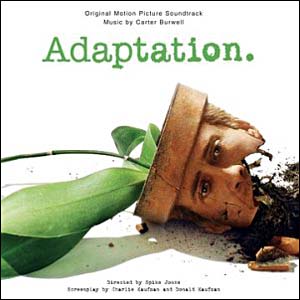 JOHN LAROCHE:
JOHN LAROCHE:
You know why I like plants?
SUSAN ORLEAN:
Nuh uh.
JOHN LAROCHE:
Because they’re so mutable. Adaptation is a profound process. Means you figure out how to thrive in the world.
SUSAN ORLEAN:
[pause] Yeah but it’s easier for plants. I mean they have no memory. They just move on to whatever’s next. With a person though, adapting’s almost shameful. It’s like running away.
___
CHARLIE KAUFMAN: [voice-over]
I am pathetic, I am a loser…
ROBERT MCKEE:
So what is the substance of writing?
CHARLIE KAUFMAN: [voice-over]
I have failed, I am panicked. I’ve sold out, I am worthless, I… What the fuck am I doing here? What the fuck am I doing here? Fuck. It is my weakness, my ultimate lack of conviction that brings me here… And here I am because my jump into the abysmal well – isn’t that just a risk one takes when attempting something new? I should leave here right now. I’ll start over. I need to face this project head on and…
ROBERT MCKEE:
…and God help you if you use voice-over in your work, my friends. God help you. That’s flaccid, sloppy writing. Any idiot can write a voice-over narration to explain the thoughts of a character.
___
SUSAN ORLEAN:
There are too many ideas and things and people. Too many directions to go. I was starting to believe the reason it matters to care passionately about something, is that it whittles the world down to a more manageable size.
___
SUSAN ORLEAN:
Do you ever get lonely sometimes, Johnny?
JOHN LAROCHE:
Well, I was a weird kid. Nobody liked me. But I had this idea. If I waited long enough, someone would come around and just, you know… understand me. Like my mom, except someone else. She’d look at me and quietly say: “Yes.” Just like that. And I wouldn’t be alone anymore.
___
CHARLIE KAUFMAN:
There are no rules, Donald. And anyone who says there are is just, you know…
DONALD KAUFMAN:
Not rules, principles. McKee writes that a rule says you *must* do it this way. A principle says, this *works* and has through all remembered time.
___
JOHN LAROCHE:
Point is, what’s so wonderful is that every one of these flowers has a specific relationship with the insect that pollinates it. There’s a certain orchid looks exactly like a certain insect so the insect is drawn to this flower, its double, its soul mate, and wants nothing more than to make love to it. And after the insect flies off, spots another soul-mate flower and makes love to it, thus pollinating it. And neither the flower nor the insect will ever understand the significance of their lovemaking. I mean, how could they know that because of their little dance the world lives? But it does. By simply doing what they’re designed to do, something large and magnificent happens. In this sense they show us how to live – how the only barometer you have is your heart. How, when you spot your flower, you can’t let anything get in your way.
___
SUSAN ORLEAN:
What I came to understand is that change is not a choice. Not for a species of plant, and not for me.
___
CHARLIE KAUFMAN:
I have to go right home. I know how to finish the script now. It ends with Kaufman driving home after his lunch with Amelia, thinking he knows how to finish the script. Shit, that’s voice-over. McKee would not approve. How else can I show his thoughts? I don’t know. Oh, who cares what McKee says? It feels right. Conclusive. I wonder who’s gonna play me. Someone not too fat. I liked that Gerard Depardieu, but can he not do the accent? Anyway, it’s done. And that’s something. So: “Kaufman drives off from his encounter with Amelia, filled for the first time with hope.” I like this. This is good.
